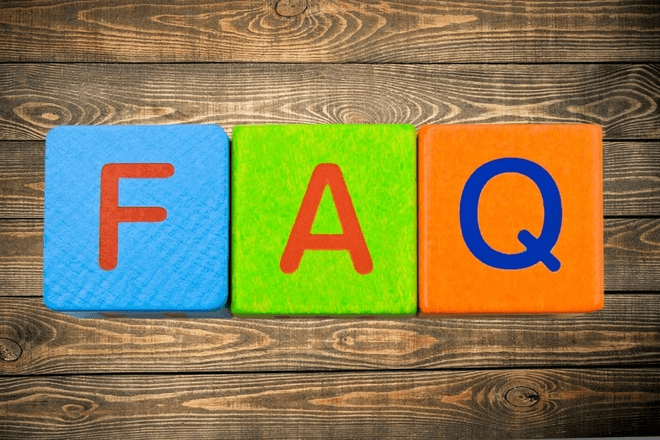What is the best way to ensure that you don’t engage in a prohibited transaction when investing in a Self-Directed Real Estate IRA? In a word: knowledge. At American IRA, we recognize that our experience as a Self-Directed IRA firm means that we’re administrators and custodians on accounts; we don’t make decisions for you. That’s why it’s so important that everyone considering a Self-Directed IRA for real estate investing better understands the rules that dictate what real estate you can and cannot transact within a Self-Directed IRA.
To that end, we’ve put together a brief FAQ so you can learn more about Self-Directed Real Estate IRA prohibited transactions:
Question: Who is a “disqualified person”?
A disqualified person is a fiduciary of the plan, a person providing services to the plan, an employer, employee organization whose members are covered by the plan, a direct/indirect owner, a member of the family—basically, anyone you can know who might benefit from the transactions. Essentially people who are going to be considered disqualified from the IRA are going to be the account holder (you), the account holder’s lineal family (parents, grandparents, children, grandchildren, etc.) and any of those people’s spouses.
After all, transacting with someone you know could help you yield personal benefit from your retirement account—and the express purpose of the retirement account is to invest in long-term benefits instead. You can find out more at the IRS website.
Question: Can I at least lease a property to someone I know?
Yes, so long as they are not considered disqualified. Can you rent a house to your son or daughter? No. Can you rent a house to a cousin or brother? Yes. Cousins, siblings, aunts, uncles are all considered non-disqualified, it is only the account holder’s lineal family and their spouses who are considered disqualified. It is possible to have an acquainted relationship with an individual who is not a disqualified person. You’ll want to defer to the rules of the IRS here, making sure that the person is not someone who can personally benefit you in any way when you transact from your Self-Directed IRA.
Remember: the Self-Directed IRA constitutes an umbrella around your retirement accounts, bestowing them with tax benefits. Those benefits would be invalidated if you were to start transacting for you—or someone close to you—and their personal gain.
Question: Can I sell property to my own IRA?
The IRS lists this as an example of a “possible prohibited transaction with an IRA,” so, generally speaking, no. You are certainly a disqualified person on your own IRA account, so transactions between you and the IRA would be invalidated. For example, you wouldn’t be able to take money out of the account without taxes, penalties, or fees—that’s what you have to keep in mind before you put money into an account like this. The better you understand the long-term nature of Self-Directed Real Estate IRA investing, the better you’ll be able to navigate these waters.
These are three key questions to help you understand what might constitute a prohibited transaction with your IRA. You can find out more about these issues directly at the IRS website. However, what if you want to know more? There are always additional resources you can explore.
Contact TurnKey IRA at 844-8876-IRA (472) for a free consultation. Download our free guide or visit us online at www.turnkeyira.com.











